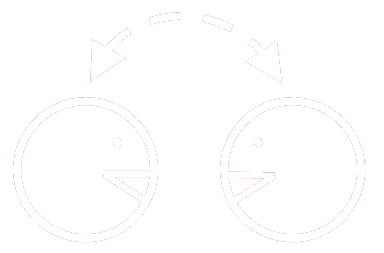Making a commitment to learn Japanese fluently is the first step in your language learning journey. Before beginning, you should feel confident in that you want to learn the language and that you will learn it, no matter how many difficulties you come up against. Japanese is a challenging language to learn, so going in with the right mindset is important. Don’t let this statement deter you from your dream, because if you are determined, learning Japanese is an attainable goal. That level of determination is the single most important skill for anyone hoping to learn Japanese, so remember to go in with the right attitude.
Japanese is one of the most difficult languages to learn due to the writing and to some extent, the grammar. Written Japanese combines Hiragana, Katakana and Kanji. Hiragana is the phonetic system for Japanese words; Katakana is the phonetic system for foreign words with the exact same sounds as Hiragana, but written completely differently; Kanji is the written system of characters derived from the Chinese language. All three written systems must be learned and none of them can be omitted to properly write in Japanese. Native English Speakers will also likely struggle with the Japanese grammar structure; all sentences place the verb at the end of the sentence.
It’s important to have a native or fluent speaker to guide you through your language learning, so look into hiring a tutor or connecting with a language exchange partner. Of course, you can find opportunities to search for both options at LRNGO. Human guidance is also important, as they will be able to adjust your lessons to your learning level and style, giving you a personalized education. They are also great resources to turn to when questions or difficulties arise, are great conversation practice partners, and give you insight to the culture.
To successfully learn Japanese, especially with fluency, accuracy and a clear accent, you will need to devote serious time each week to practicing. It is not effective to spend a lot of time for a few days or weeks and then quit for a few months, and repeat. You must be consistent with learning any new language. So look at your obligations and find a schedule that will work for you, making sure to devote some time each day to your studies.
You could allot certain days of the week to learn different aspects of Japanese—one day working with your tutor or language exchange partner, one day for YouTube videos, one day for podcasts, one day for online exercises, etc. Or, pick a time of day when your mind is most alert, and studiously work on your language learning every day during that hour without fail and without distraction. However you choose to schedule your learning, the key is to stick to it. Work with your tutor or language exchange partner to help you come up with study and practice material for the week.
Another great resource is Japanese 101, which offers everything from radio, TV, and news links to grammar and pronunciation help.
If you are convinced that you need and/or want to learn Japanese, the more time and effort you put into it, the quicker you will become proficient, so be sure to make your learning a priority.
Photo Credit: Luke Ma





